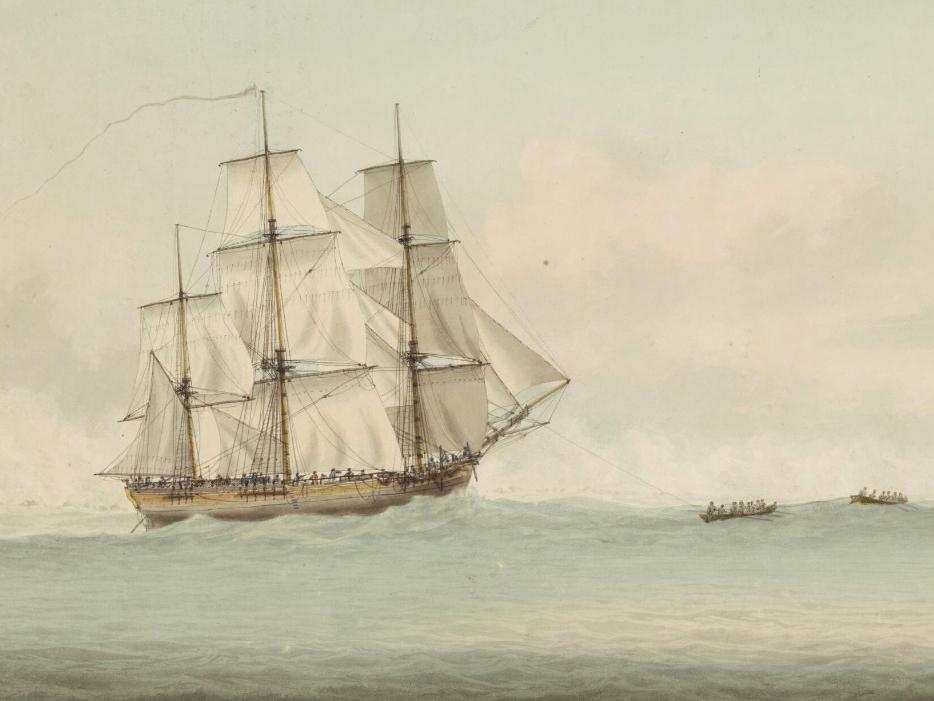‘Wherever he went there were bad outcomes for indigenous people’: Maoris ban Captain Cook replica ship from docking in New Zealand port
‘We object to using euphemisms like “encounters” to disguise what were actually invasions,’ says top representative

Your support helps us to tell the story
From reproductive rights to climate change to Big Tech, The Independent is on the ground when the story is developing. Whether it's investigating the financials of Elon Musk's pro-Trump PAC or producing our latest documentary, 'The A Word', which shines a light on the American women fighting for reproductive rights, we know how important it is to parse out the facts from the messaging.
At such a critical moment in US history, we need reporters on the ground. Your donation allows us to keep sending journalists to speak to both sides of the story.
The Independent is trusted by Americans across the entire political spectrum. And unlike many other quality news outlets, we choose not to lock Americans out of our reporting and analysis with paywalls. We believe quality journalism should be available to everyone, paid for by those who can afford it.
Your support makes all the difference.Maori people in New Zealand’s far north have blocked a replica of “barbarian” James Cook’s HMS Endeavour from docking in their area during a commemorative tour, according to reports.
The Ngati Kahu people, or iwi, said it was not consulted about the planned visit to Mangonui near Doubtless Bay, and that its own community consultation had revealed widespread local opposition to the commemoration.
New Zealand plans a series of events called Tuia 250 marking the anniversary of Cook’s arrival during his first voyage of discovery.
Pacific, European and Maori-type vessels are set to take part and the government has promoted it as “an opportunity to hold honest conversations about the past, the present, and how we navigate our shared future”.
Anahera Herbert-Graves, the Ngati Kahu chief executive, told RNZ that Cook had not visited the iwi’s territory.
Instead “he sailed by and apparently cast his eye to the port and said, ‘oh, that’s Doubtless Bay’. It’s a fiction for him to ‘re-visit’ us”, she said.
She added: “He was a barbarian. Wherever he went, like most people of the time of imperial expansion, there were murders, there were abductions, there were rapes, and just a lot of bad outcomes for the indigenous people.
“He didn’t discover anything down here, and we object to Tuia 250 using euphemisms like ‘encounters’ and ‘meetings’ to disguise what were actually invasions.”
A New Zealand culture ministry official told RNZ the department had believed that through talks with a single iwi representative, it had gained support for the visit.
Tamsin Evans told The Guardian that the Tuia group of vessels would now call at ports only “where a welcome is clear”.
Iwi elsewhere in New Zealand are also planning to snub the tour, reports said.
Several Maori were killed during Cook's first days in New Zealand in 1769. After six months charting the islands, the explorer sailed for Australia in March 1770.
Join our commenting forum
Join thought-provoking conversations, follow other Independent readers and see their replies
Comments